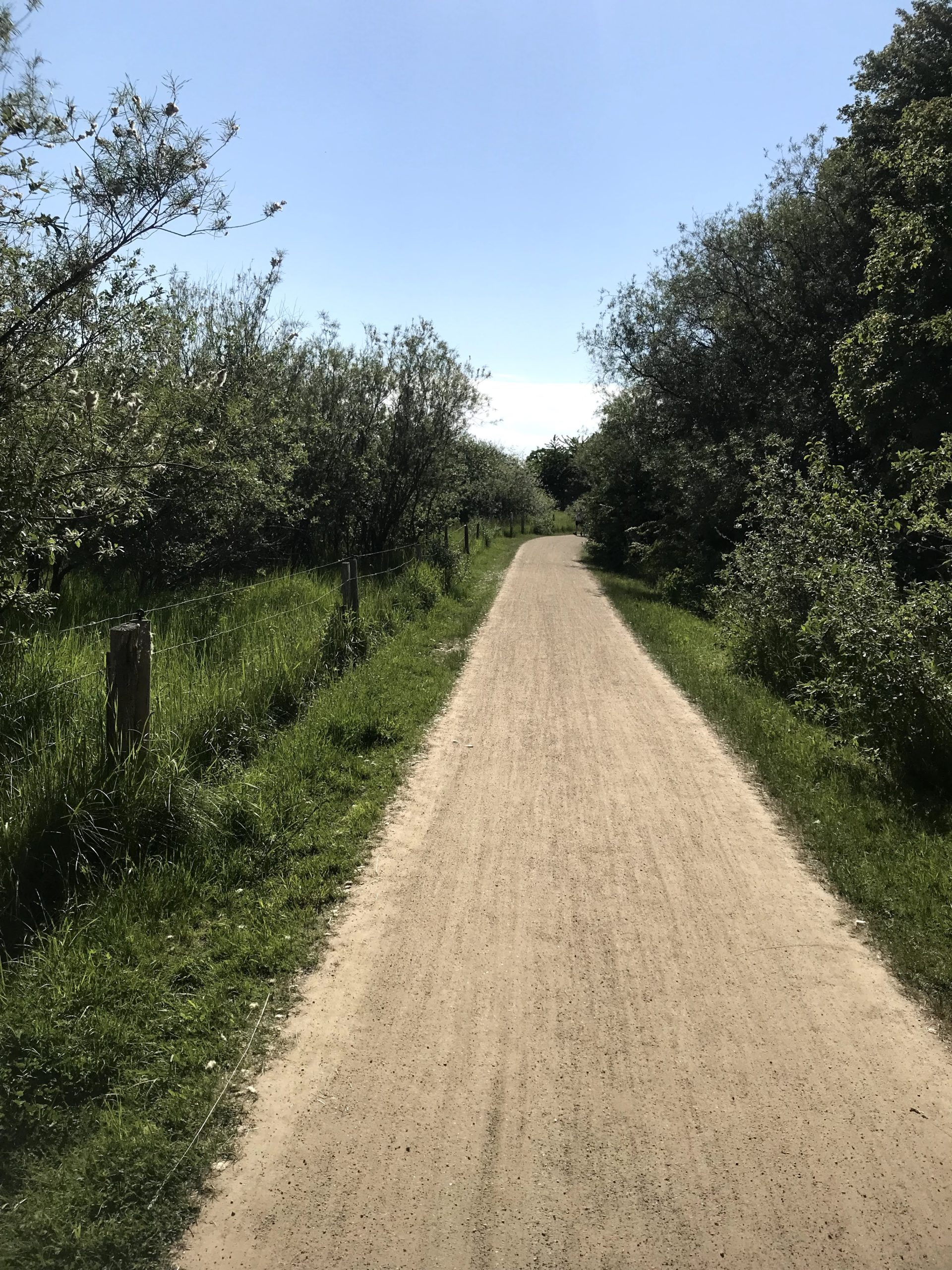In the light of the COVID-19 Pandemic, Indigenous Peoples have demonstrated remarkable resilience and innovation. They have drawn on their traditional knowledge, practices and institutions to prevent and respond to the virus, as well as to support each other and their communities.
As I continue to have conversations with partners around the world, they share that Indigenous Peoples are using their knowledge and expertise in understanding their biodiversity and biological resources and have been using medicinal plants and ancestral remedies to help treat COVID-19 symptoms.
Others have shared how they have implemented their own measures or protocols to restrict movement or access to their territories to protect themselves from outsiders. Despite COVID-19 lockdown throughout the year (2020), invasions and attacks have continued and, in some cases, accelerated.
Indigenous Peoples have valuable knowledge, skills and resources that can contribute to the global efforts to combat COVID-19 and its impacts. They are not passive victims or beneficiaries, but active agents and partners in finding solutions and building resilience.
As the pandemic grinds into its second year, it has never been more crucial that we respect and support the rights and roles of Indigenous Peoples in this time of crisis. The pandemic has increased the threats to the lands, territories and resources of Indigenous Peoples, as well as the violations of their collective rights. Some nation states and buisnesses have taken advantage of the situation to advance their interests and agendas, without consulting or obtaining the free, prior and informed consent of Indigenous Peoples. For example, some governments have relaxed environmental regulations or granted permits for mining, logging or oil exploration in Indigenous territories during the pandemic. Some companies have also increased their activities or encroached on indigenous lands without respecting their rights or protocols, capitalising on the interests of states to ensure economic shocks caused by the pandemic can be mitigated.
We must ensure that they are included and consulted in all decisions and actions that affect them. That their rights are protected, defended and promoted, and we must also ensure that they have access to adequate health care, social protection and that the course of economic recovery following the pandemic does not violate their rights. We must ensure that the pandemic does not become a carte blanch to override and violate their human rights.
I have been very grateful to IWGIA, as we have adapted our work to the new context and adjusted to ensure we can meet the needs of our partners and Indigenous communities. IWGIA has provided flexible funding to support their emergency responses, as well as longer-term initiatives to strengthen capacities and conduct crucial advocacy.
I am grateful to be part of such a strong and dedicated team, and to be able to provide support to our broad network of allies.

Leave a Reply